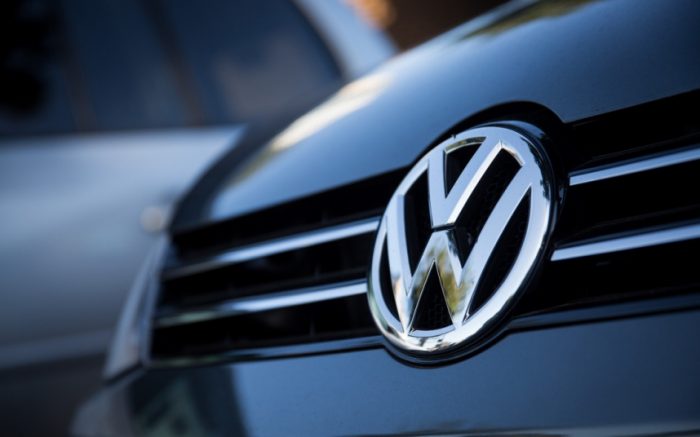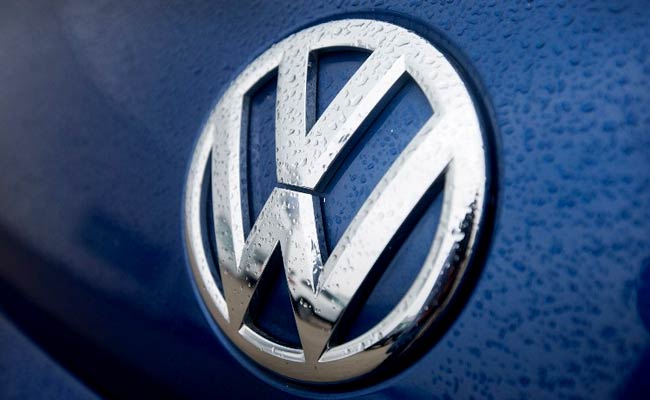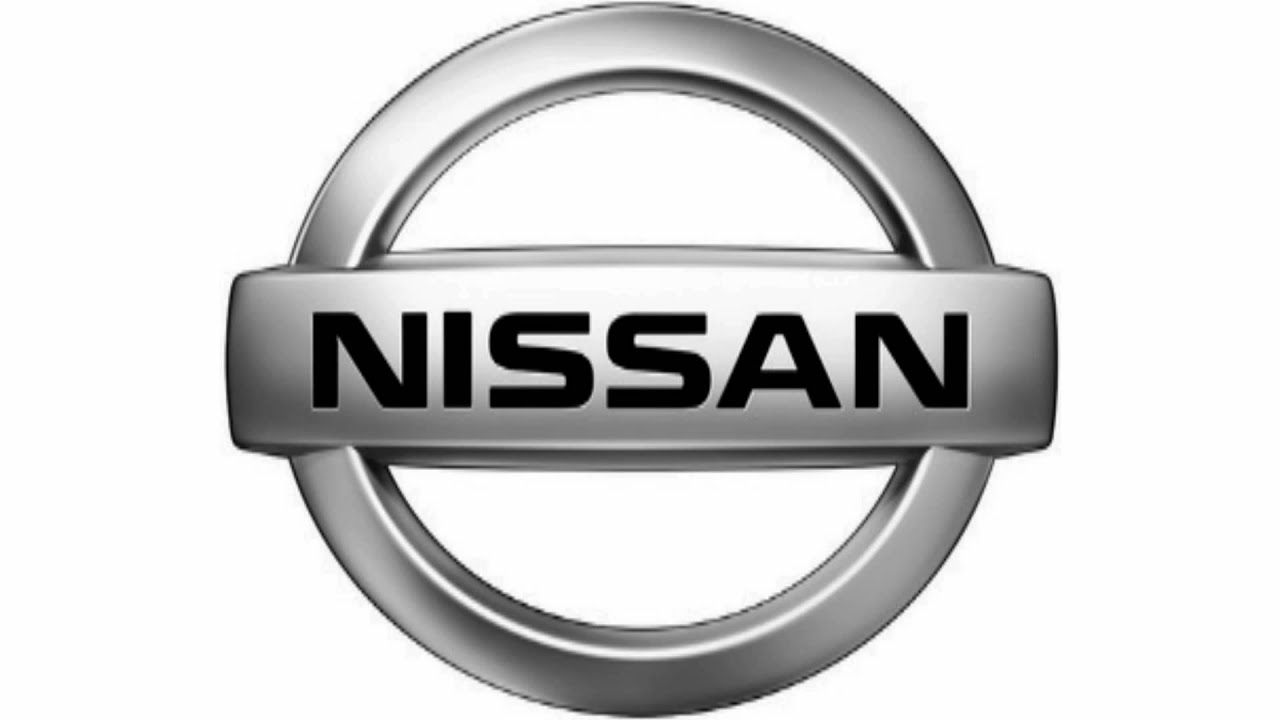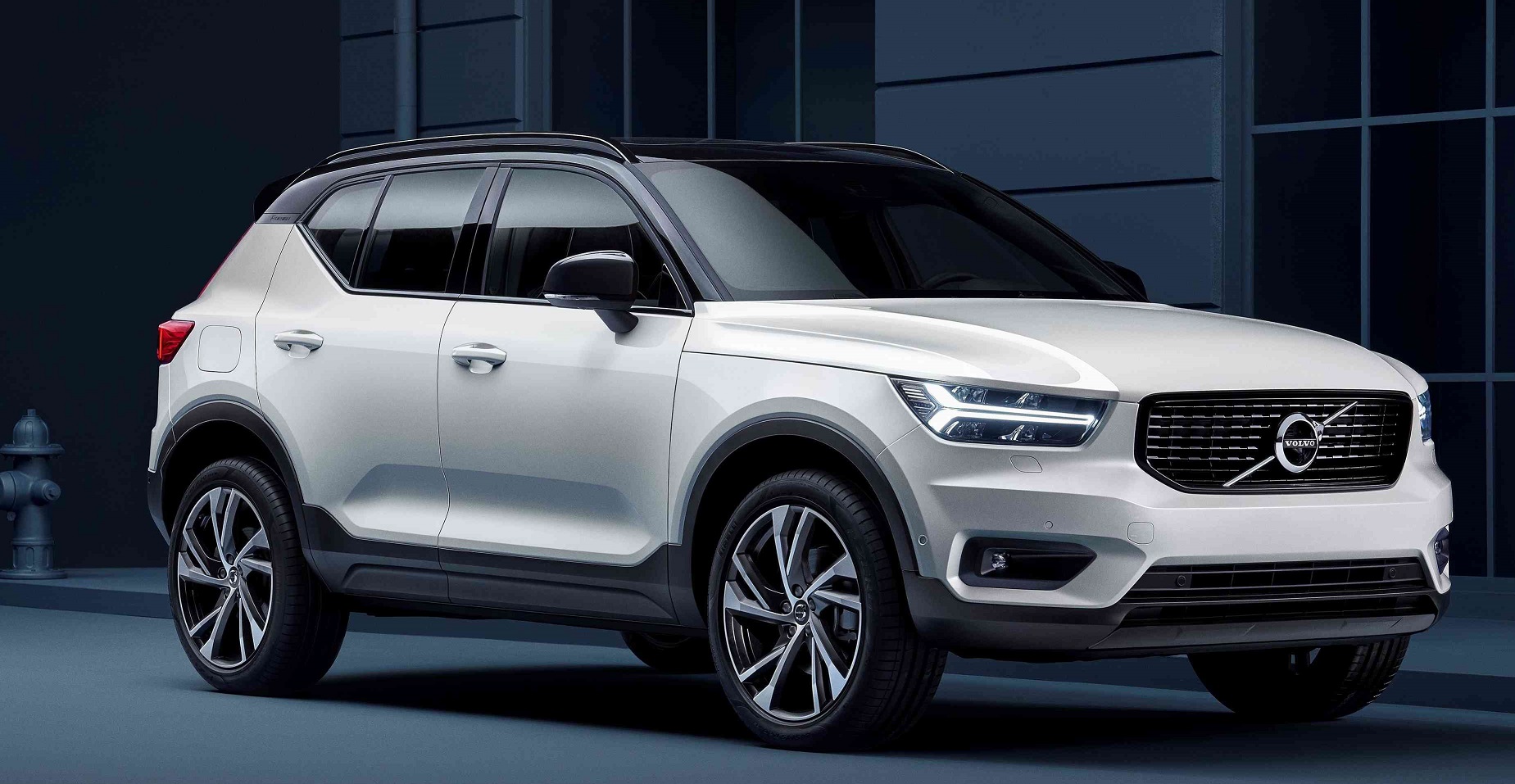Now Reading: EU consumers may be able to raise dieselgate claims in home court
-
01
EU consumers may be able to raise dieselgate claims in home court
EU consumers may be able to raise dieselgate claims in home court
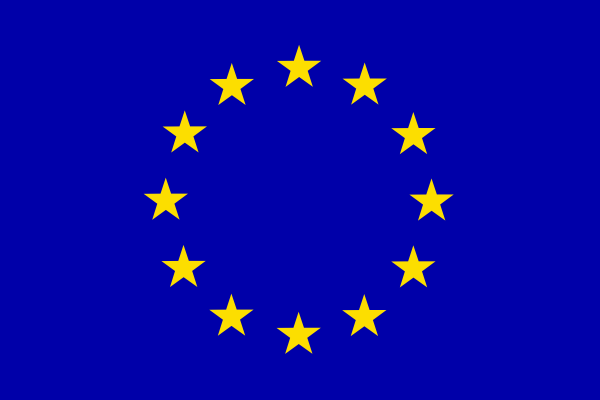
EU consumers should be able to sue automakers in their national courts if they have purchased cars with emission cheat devices installed, an adviser to the Court of Justice of the European Union stated on Thursday.
The opinion, if followed by Europe’s top court, raises the potential of legal complaints from consumers throughout the European Union.
Volkswagen informed Reuters it does not agree with the legal opinion, adding it is yet to be seen how the court will decide.
The court generally rules within two to four months of an adviser’s opinion. Judges follow them in most of the cases, but are not bound to do so.
The case came after a request from an Austrian court handling a claim by the Austrian consumer association VKI on behalf of 574 owners of manipulated automobiles. The court wanted to understand if it had jurisdiction to hear the case.
“The question of jurisdiction has arisen mainly in Austria. Therefore, even if the Court of Justice of the European Union were to follow the advocate general, hardly anything would change for plaintiffs, defendants and courts in other countries,” VW said, according to Reuters.
Advocate general Campos Sanchez-Bordona stated the general rule was that applicants should take legal action in courts where the defendant is domiciled. However, in cases of tort there was also the potential of suing in the courts where the alleged harm took place.
The VKI wants compensation for the difference between the price consumers paid for the automobiles, and the value of a manipulated vehicle. It also wants coverage for future damages, including a drop in the value resulted after driving bans.
The advocate general concluded the place where the damage took place was the place where the car was purchased.
“A company can be sued by the purchasers of vehicles that it manipulated before the courts of the member state where the vehicles were purchased,” the court stated.
Volkswagen fitted 360,000 vehicles in Austria with defeat devices, a report by the European Commission revealed.
The company admitted in 2015 to using illegal software to evade U.S. diesel engine tests, a scandal that has cost it over $30 billion in vehicle refits, fines and provisions.
Almost all U.S. owners of affected cars agreed to participate in a $25 billion settlement in 2016 in the United States.
The automaker is in talks with Germany’s consumer protection organisation to finalize a deal in a class action lawsuit there.
Stay Informed With the Latest & Most Important News
Previous Post
Next Post
-
 01Polestar Boss Says It’s Time To Outrun BMW M And Mercedes-AMG
01Polestar Boss Says It’s Time To Outrun BMW M And Mercedes-AMG -
 02Spy Shots: 2027 Mitsubishi Pajero Spotted in Testing Ahead of Possible U.S. Return
02Spy Shots: 2027 Mitsubishi Pajero Spotted in Testing Ahead of Possible U.S. Return -
 032026 Toyota Hilux EV: A Powerful Truck with Silent Torque
032026 Toyota Hilux EV: A Powerful Truck with Silent Torque -
 04Spy Photos: VW ID. Polo GTI Goes Electric with 223 HP and 280 Miles of Range
04Spy Photos: VW ID. Polo GTI Goes Electric with 223 HP and 280 Miles of Range -
![2027 Mercedes-Benz S-Class Debuts with V8 Engine [Photo Gallery]](https://speedlux.com/wp-content/uploads/2026/01/2027-Mercedes-Benz-S-Class-33-155x125.jpg) 052027 Mercedes-Benz S-Class Debuts with V8 Engine [Photo Gallery]
052027 Mercedes-Benz S-Class Debuts with V8 Engine [Photo Gallery] -
 06The Controversial Ford Voodoo V8 That Was Killed Off Too Early
06The Controversial Ford Voodoo V8 That Was Killed Off Too Early -
 07Hyundai Palisade’s Breakout Year Shows How Quickly the Market Can Turn
07Hyundai Palisade’s Breakout Year Shows How Quickly the Market Can Turn


![2027 Mercedes-Benz S-Class Debuts with V8 Engine [Photo Gallery]](https://speedlux.com/wp-content/uploads/2026/01/2027-Mercedes-Benz-S-Class-33-700x394.jpg)






































